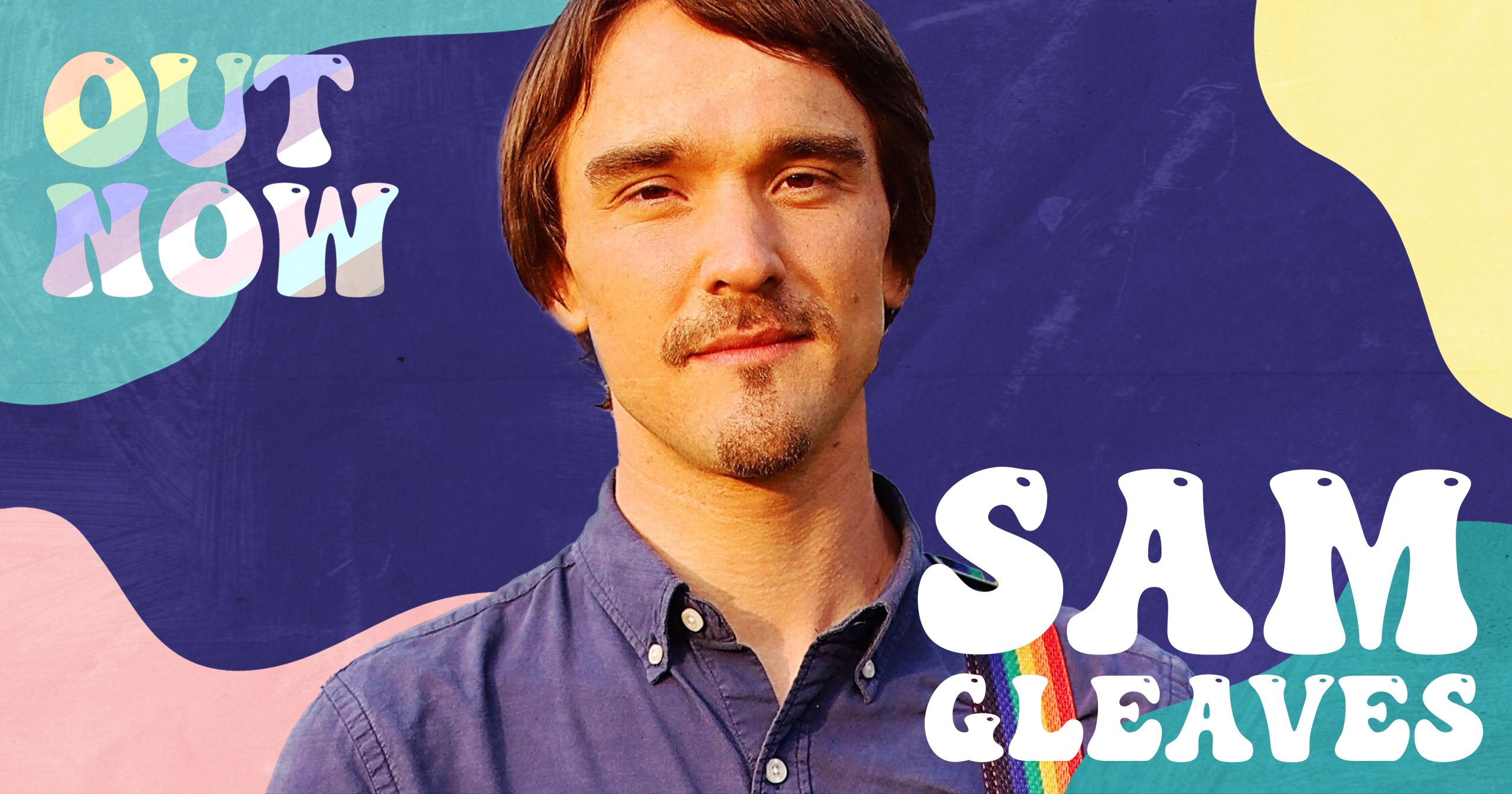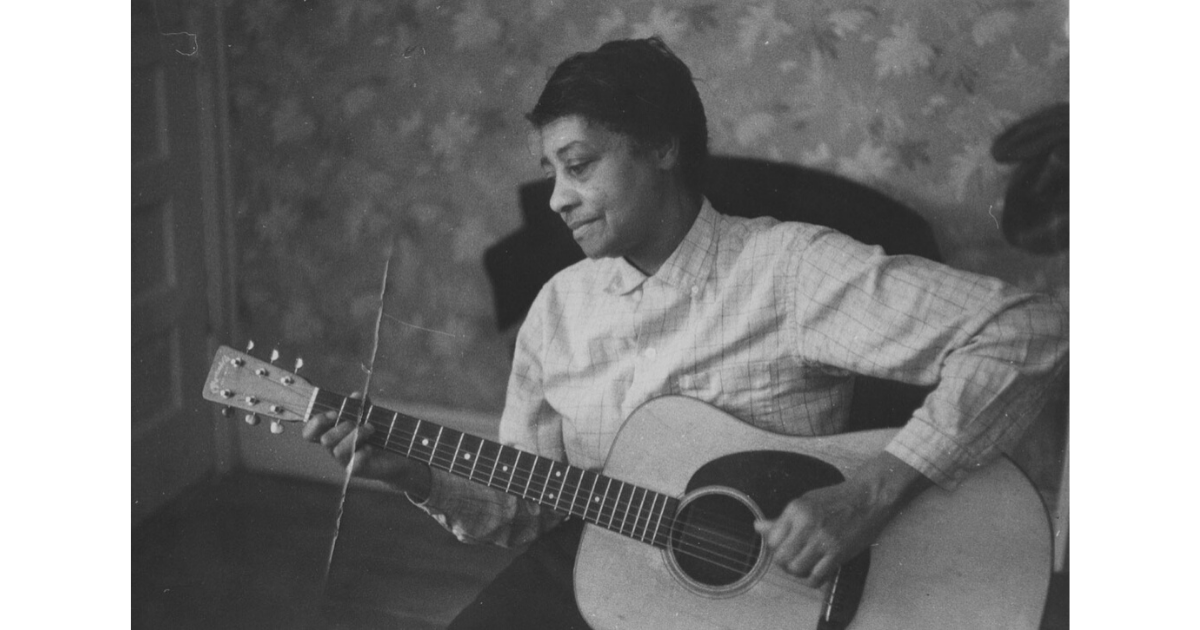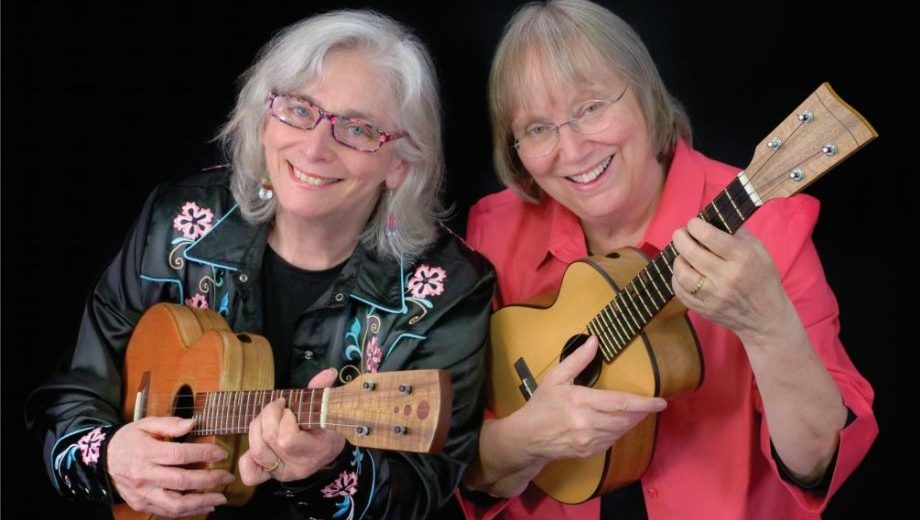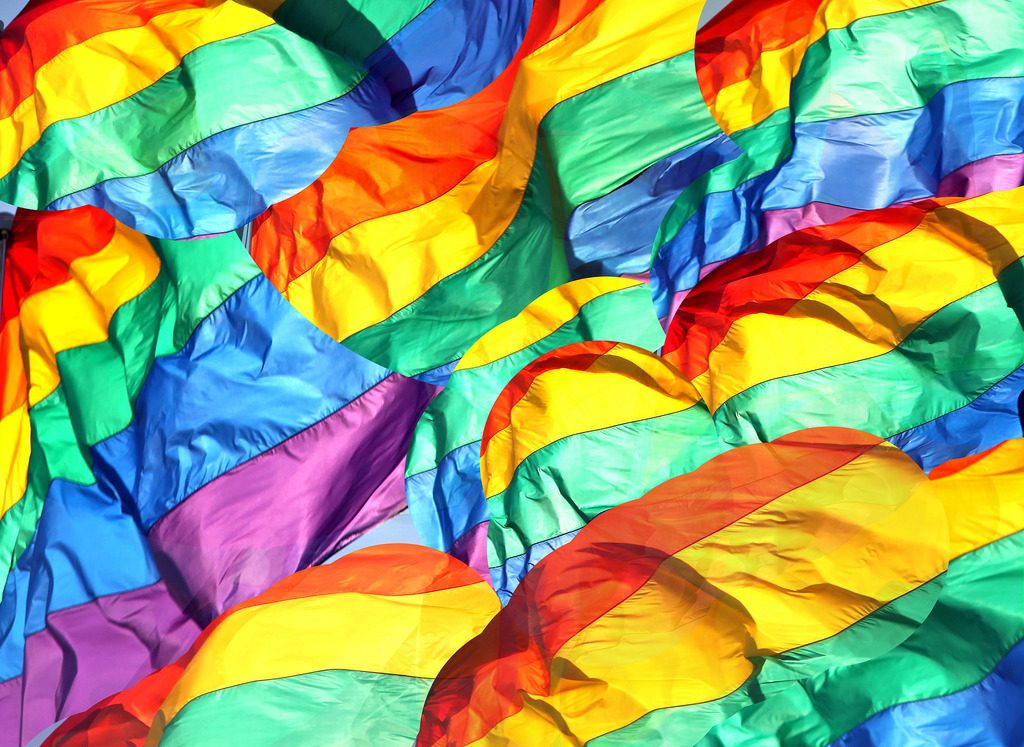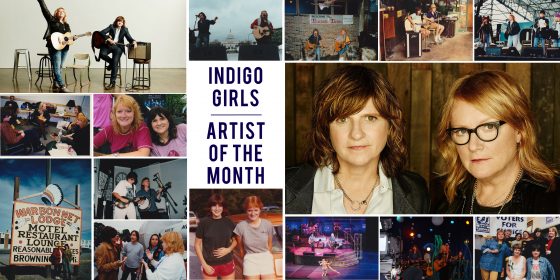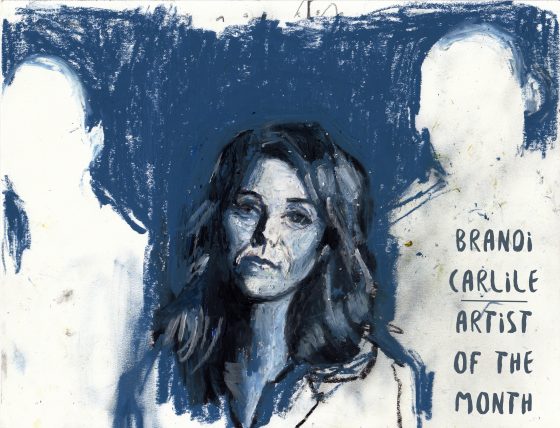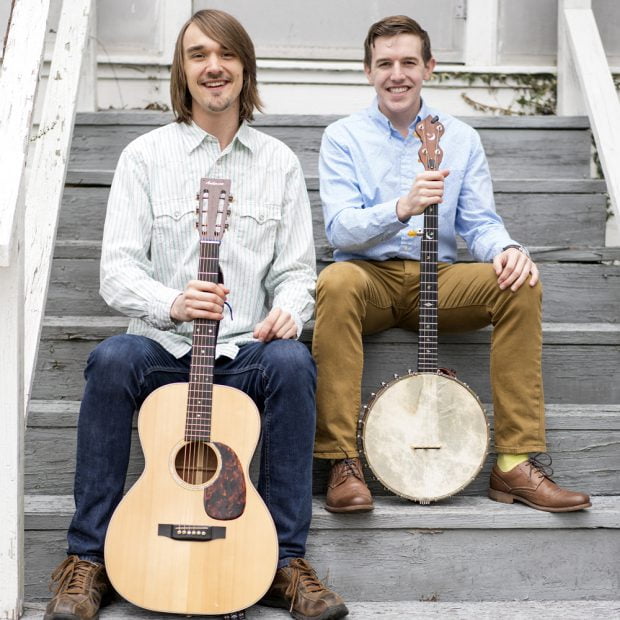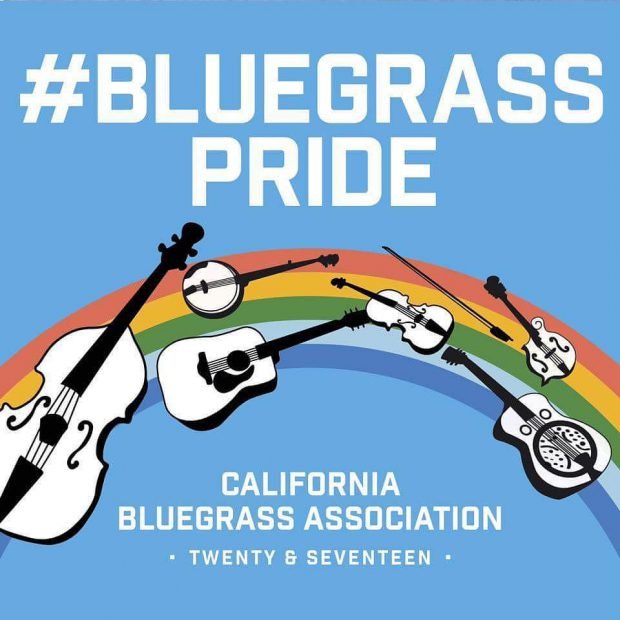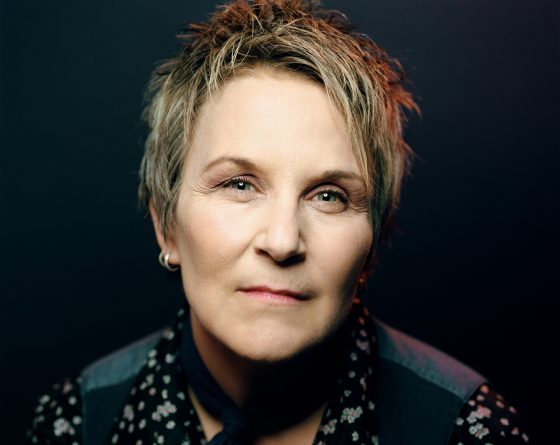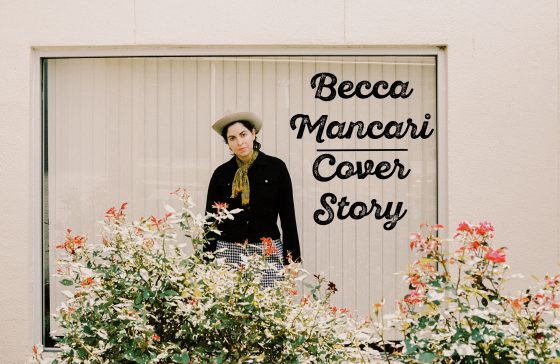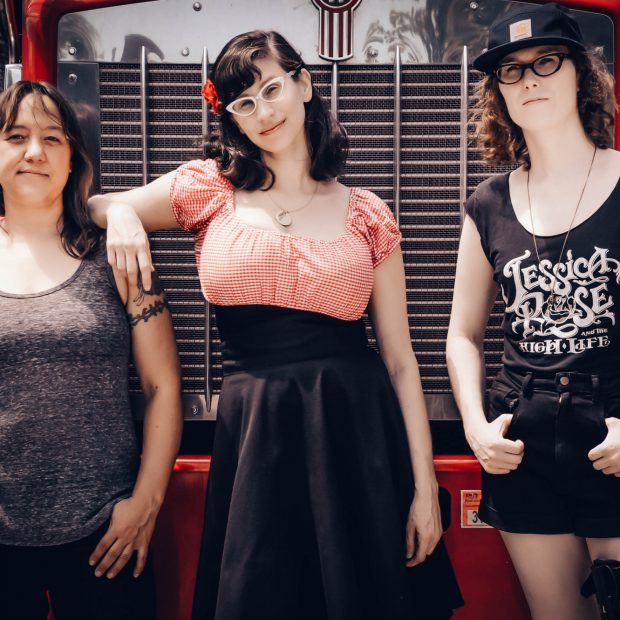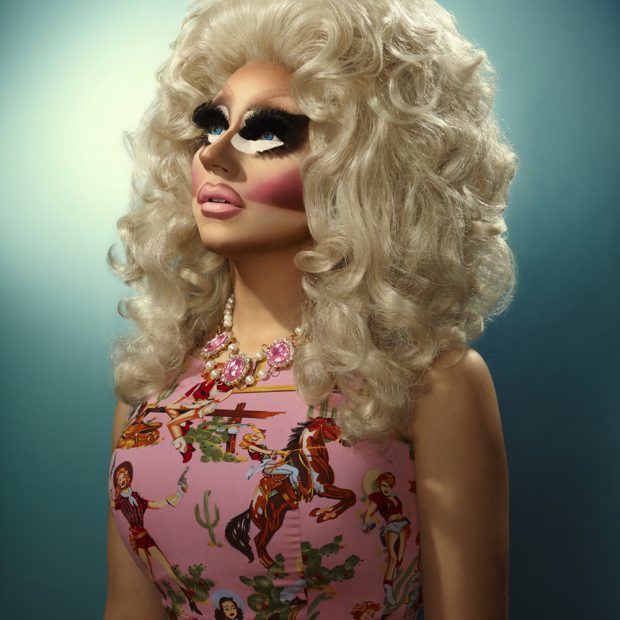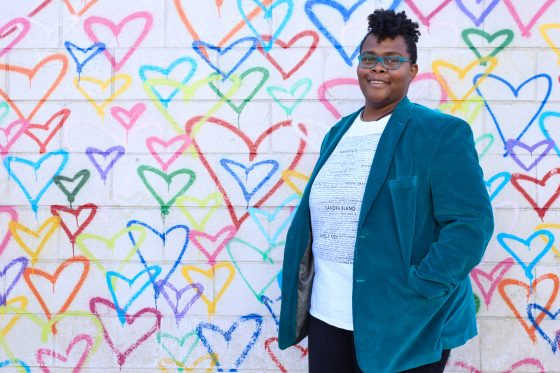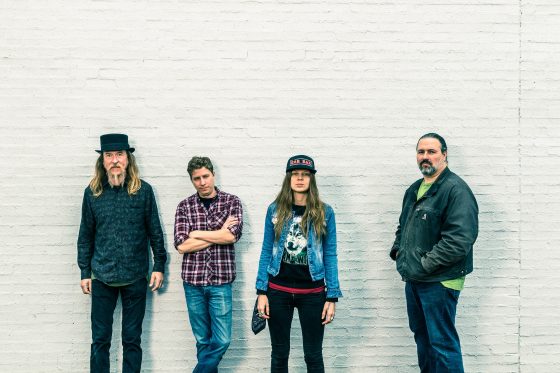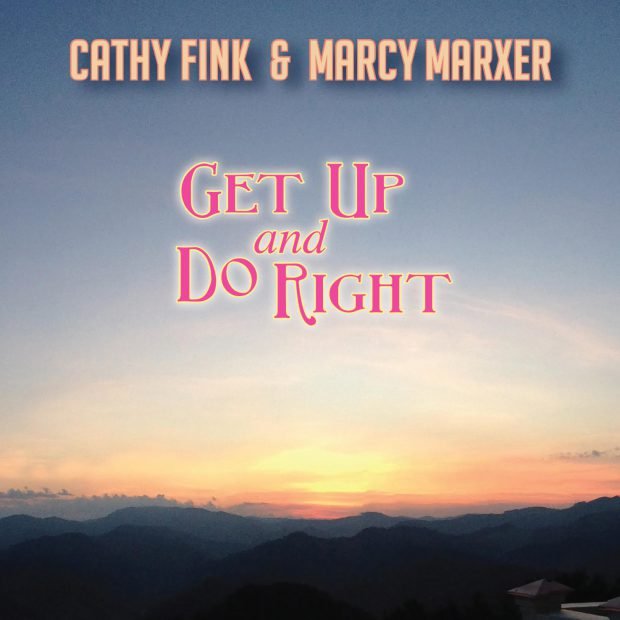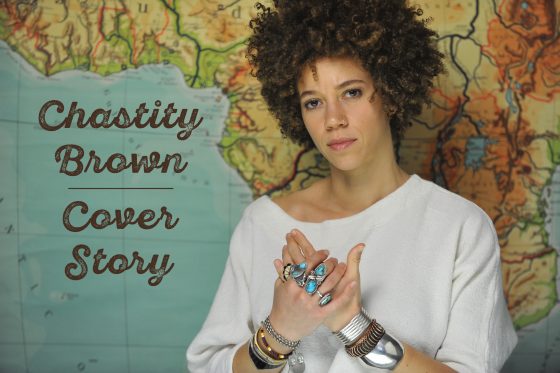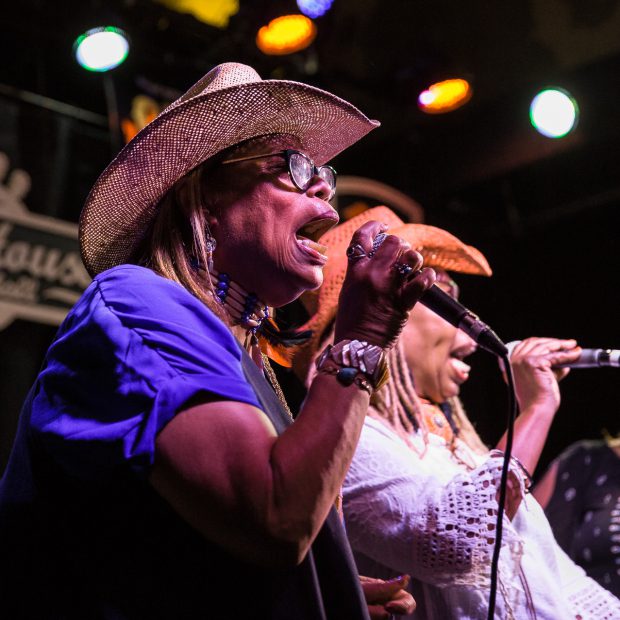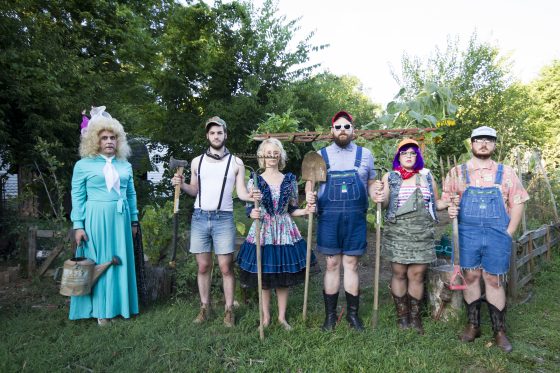Last month, Sam Gleaves released his latest album, Honest, with the intention of sharing his truth. Sam was born and raised in southwest Virginia.
Songs from the project, like “Queer Cowboy” and “Fear,” were written for his partner and detail queer experiences. Lyrics like “Love is stronger than fear” point toward the challenges of being part of the LGBTQ+ community and the need for authentic love. Other songs address his parents, like “Walnut Tree,” written for his father, and “Beautiful” for his mother. Both songs feel nostalgic and share the value of simple things like gratitude and a day outside, under the trees.
In our Out Now interview, Sam shares his current state of mind, his favorite LGBTQ+ artists, the best advice he’s ever received, and more.
What is your current state of mind?
I feel grateful. After years of work, the new record Honest is out in the world! I am fortunate to have worked with a bunch of my dear friends in the creative process. They are all world-class musicians and singers. Hasee Ciaccio and Josh Goforth were the core team in the studio. We arranged the songs together and recorded most of them as a trio. Josh Goforth is a genius producer and his vision really made the songs shine. A number of my favorite musicians and singers guested on various tracks, like Carla Gover, Linda Jean Stokley, Jared Tyler, Jeff Taylor, and Chris Rosser. I’m proud of every second of music we created together.
Why do you create music? What’s more satisfying to you, the process or the outcome?
What a great question! I create music because I need it. I love storytelling. I walk through memories in my writing process. In the songs I selected for my new record, I wanted to honor the people who have shaped my journey: family, musical collaborators, and lovers. All of those people are tied to places etched onto my heart, especially southwest Virginia and central Kentucky. I process grief through my songwriting, because there is great injustice in our world and that affects the people and places that I love. Most of all, songwriting is restorative and the songs become a mode of connection.
What’s the best advice you’ve ever gotten?
To try to laugh or smile when I make a mistake. I feel that applies in my musical life and the rest of my life!
Who are your favorite LGBTQ+ artists and bands?
I have too many favorite LGBTQ+ artists and bands to name! I am grateful for friendships with my mentors, who are also pioneers, like Cathy Fink & Marcy Marxer, Peggy Seeger, and the members of Kentucky’s own Reel World String Band.
Over the past decade or so, it has been a great joy to see the many roots musicians that are celebrating their identities, folks like Justin Hiltner, Jake Blount, Jared Tyler, Tyler Hughes, Amythyst Kiah, Pierceton Hobbs, Larah Helayne, and many others. The list goes on and on!
For anyone reading this who might not be out of the closet, were there any specific people, musicians, or resources that helped you find yourself as a queer individual?
When I was in my early twenties, I met Cathy Fink & Marcy Marxer. Cathy and Marcy have been the two most generous, supportive, and loving mentors in my musical life. Cathy produced my first record, Ain’t We Brothers, and Cathy and Marcy both played on it. Their mentoring helped me to learn to believe in my art and pour myself into it. By being life partners and musical partners in the traditional music world, Cathy and Marcy created space for musicians like me to be part of the community. They are committed to celebrating diversity and advocating for social justice through their music. I think that all young LGBTQ+ people should hear Cathy and Marcy’s recordings, especially Cathy’s song “Names” and Fred Small’s song “Everything Possible.” I am one of many folks who have benefited from Cathy and Marcy’s wisdom and friendship.
Around the same time that I met Cathy and Marcy, I heard Gaye Adegbalola perform. Gaye’s music, her luminous personality, and her openness about her identities made a great impact on me. I was deeply moved to witness an artist so firmly rooted in blues traditions telling her story as a queer Black woman. At that time, Gaye had recently recorded an album called Gaye Without Shame, one of my absolute favorite records. I didn’t realize how much shame I held around my queerness until I heard Gaye sing her brilliant songs with such confidence and verve. From the moment we met, Gaye encouraged me and poured out love. As she says herself, Gaye has a whole lot of mojo to give!
Photo Credit: Erica Chambers
